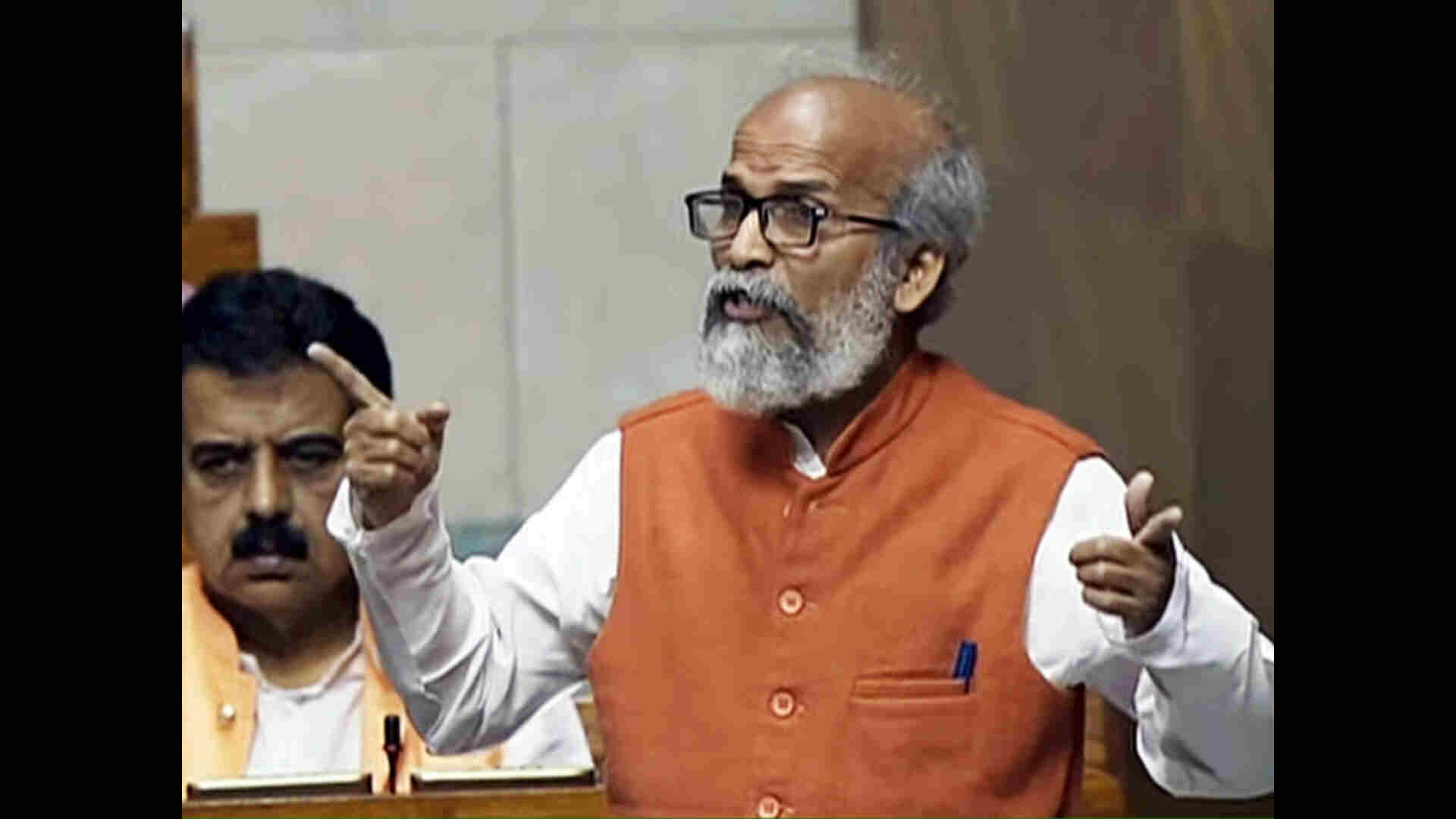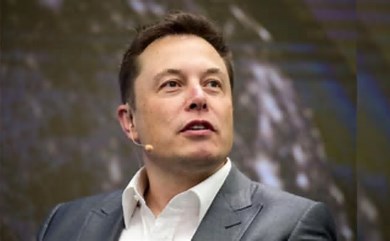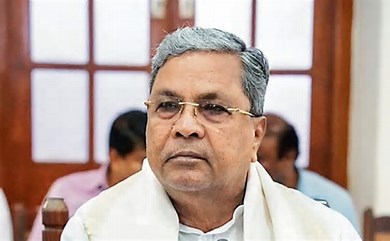
When the elections in any country draw near all the political parties get hysterically and frantically occupied in chalking out different strategies to woo the voters. Prominent leaders come out of their long hibernation and power induced slumber, shaking off the mantel of sloth they begin to prowl around the public places which they otherwise discard and start abhorring post elections. But in the run up of any elections, the political ambience gets charged up with a flurry of activities. Gimmicks are played and soaps offered with mind-boggling generosity . At that critical juncture, when the psephologists take recourse to their analytical acumen in order to predict the poll results, I get simply fascinated by a variety of slogans these parties coin almost on daily basis to obtain political mileage and accomplish the ulterior motives.
George E. Shankel’s research states that, “English-speaking people began using the term Slogan by 1704.” The term at that time meant “the distinctive note, phrase or cry of any person or body of persons.” Slogans were common throughout the European continent during the Middle Ages. They were used primarily as passwords to ensure proper recognition of individuals at night or in the confusion of battle. Whatever someone’s intent may be behind this sloganeering, one must have to admit that the creation of a slogan is nothing short of an artist’s work. Similar to a piece of literature, much of creativity goes into the making and unmaking of a slogan, yes unmaking too. Where one group makes a slogan, the rival group unmakes or rather remakes it by twisting its tenor and texture to its own advantage. If for BJP Modi is Chowkidar (watchman) of the nation and watches the interest of the countrymen, Congress comes up with its antidote-another much famed slogan Chowkidar chor hai, (The watchman is a thief). Indeed like poetry, slogans have their emotional appeal and in political rhetoric, they act like icing on the cake. Therefore, it is not only Indian politics that abounds in political slogans, the other countries also play the volleyball of slogans in the court of politics.
Abbreviated as MAGA is a campaign slogan used in American politics that was popularized by Donald Trump in his successful 2016 presidential campaign. The history of great revolutions in the world is also replete with patriotic and provocative slogans. Who can forget the slogan “Tum mujhe khoon do, main tumhe aazadi dunga” (you give me blood and I shall give you freedom)? This famous slogan by Subhash Chandra Bose ignited the fire of patriotism in the hearts of many Indians during the fight for country›s independence. Unlike modern day hollow political slogans, those slogans had the strength of conviction and the varsity of truth with which the mighty dictatorial empires were toppled down. Akin to political organization, all popular brands in the Biz world also time to time come up with catchy slogans (often delivered by some glitzy Bollywood or Sports personality) to enhance the sale of their products. Thanda Matalb Coca-Cola, Yeh Dil Maange More, Darr ke aagey jeet hai are some of the popular slogans of soft drink industry. Undeniably, these days Ad Gurus are ruling the roost in this competitive world of politics and business. With their captivating slogans born out of their genius minds, they mesmerize the masses. Piyush Pandey is one such name to reckon with in India. The ad guru is responsible for coining the defining slogan for PM Narendra Modi’s Lok Sabha campaign (2014), “Ab ki baar, Modi sarkaar”. He is also the man behind popular ads like Cadbury’s – Kuch Khaas Hai and Fevicol – Fevicol ka mazboot jod etc. This field of creativity beckons you if you have flair for rhythmic lines and terse sayings. But unfortunately the beauty of this genre of literature gets defiled when inflammatory slogans are shouted to foment the communal riots. Thus slogans should remain slogan but not reach to the level of hollow sloganeering.

Prof Dr. Shiv Sethi is a freelancer columnist and literary critic from Ferozepur, Punjab.















